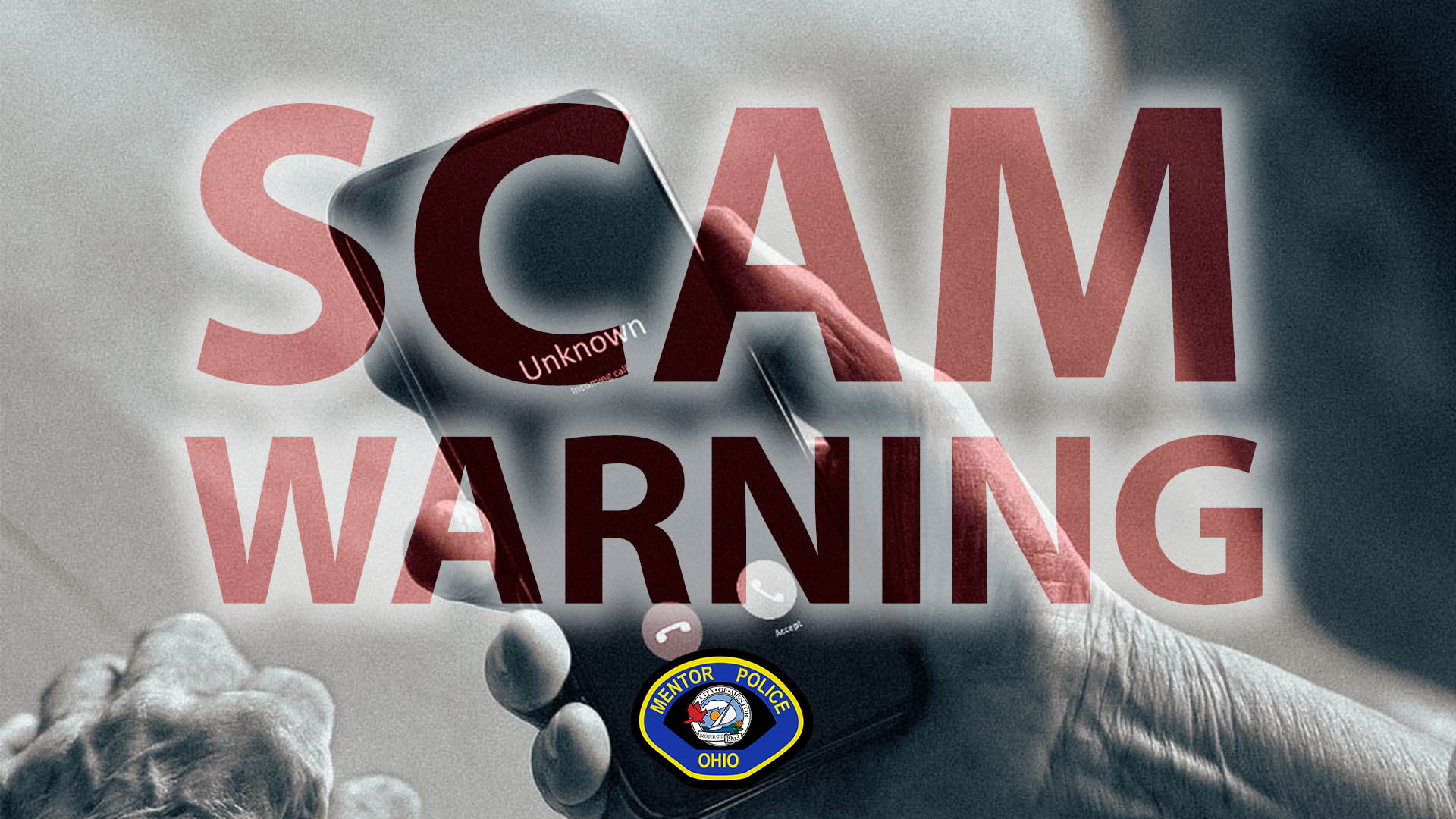 One of the most prevalent scams circulating today involves pop-up links that suddenly appear on your phone, tablet, or computer, warning that your personal information has been compromised. These alerts often look legitimate—complete with official-looking logos, alarming language, and urgent calls to action. They’re designed to scare you into reacting quickly but make no mistake: they’re a scam meant to exploit your trust.
One of the most prevalent scams circulating today involves pop-up links that suddenly appear on your phone, tablet, or computer, warning that your personal information has been compromised. These alerts often look legitimate—complete with official-looking logos, alarming language, and urgent calls to action. They’re designed to scare you into reacting quickly but make no mistake: they’re a scam meant to exploit your trust.
If you encounter one of these pop-up warnings, resist the temptation to click the link or dial the phone number provided. Doing so could install malware on your device, steal sensitive data like passwords or credit card details, or even lock you out of your system entirely with ransomware. Instead, take a deep breath and follow a safer course of action. Start by running a scan with your antivirus software to check for threats. If the pop-up persists or you’re unsure how to proceed, power down your device to prevent further damage. Then, seek help from a trusted family member, friend, or a reputable computer specialist who can assess and resolve the issue professionally.
Scammers thrive on creating panic, banking on the hope that you’ll act impulsively before questioning the situation. They prey on your good nature and desire to protect yourself, counting on fear to cloud your judgment.
Don’t give them that opportunity. Stay calm, think critically, and verify any warning through official channels—like directly visiting your bank’s or software provider’s website—rather than trusting a random pop-up. Education is your best defense: familiarize yourself with common scam tactics, keep your software updated, and consider using ad-blockers to reduce the chances of encountering these deceptive alerts. By staying vigilant and cautious, you can protect yourself from falling victim to these pervasive digital traps.
